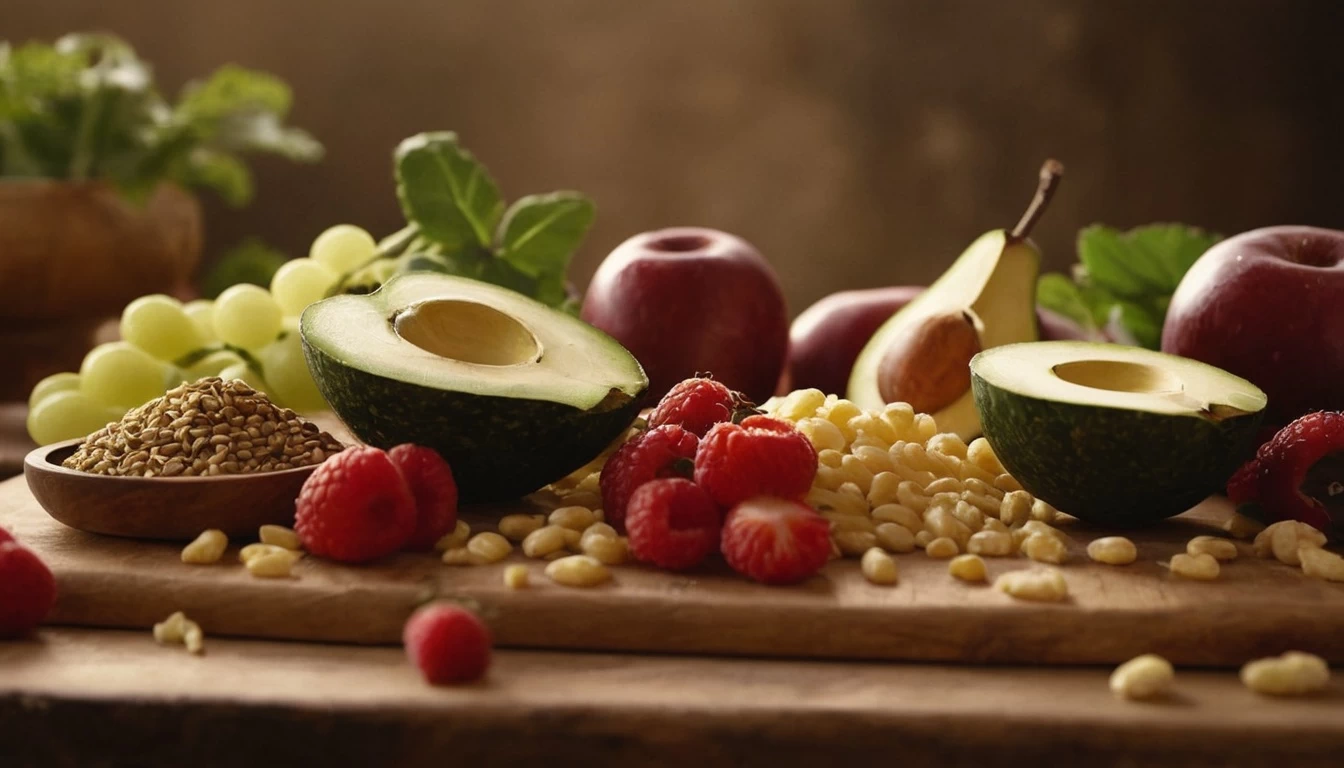Table of Contents
In recent years, superfoods have taken the health and wellness industry by storm. Promoted for their extraordinary nutritional benefits, these foods promise everything from improved energy levels to disease prevention. But with so many claims and so much marketing hype, it’s essential to separate fact from fiction. Let’s unmask the truth behind superfood fads and understand what truly makes a food “super.”
What Are Superfoods?
Superfoods are nutrient-rich foods considered to be especially beneficial for health and well-being. They are often packed with vitamins, minerals, antioxidants, and other essential nutrients that support overall health. However, the term “superfood” is more of a marketing term than a scientific one, leading to both genuine and exaggerated claims.
The True Superstars
- Berries
- Why: Blueberries, strawberries, and acai berries are rich in antioxidants, vitamins, and fiber. They help reduce inflammation and protect against chronic diseases.
- Incorporate: Add to smoothies, cereals, or enjoy as a snack.
- Leafy Greens
- Why: Spinach, kale, and Swiss chard are high in vitamins A, C, and K, as well as iron and calcium. They support bone health, immune function, and overall vitality.
- Incorporate: Use in salads, smoothies, or as a side dish.
- Nuts and Seeds
- Why: Almonds, walnuts, chia seeds, and flaxseeds provide healthy fats, protein, and fiber. They support heart health and help in weight management.
- Incorporate: Sprinkle on yogurt, oatmeal, or use in baking.
- Fatty Fish
- Why: Salmon, mackerel, and sardines are rich in omega-3 fatty acids, which are crucial for heart health and brain function.
- Incorporate: Grill, bake, or add to salads and sandwiches.
Overrated Superfoods
- Goji Berries
- Hype: Claimed to boost immune function, improve skin health, and increase longevity.
- Reality: While nutritious, their benefits are not significantly greater than those of more common berries.
- Kombucha
- Hype: Promoted as a probiotic-rich drink that improves digestion and detoxifies the body.
- Reality: Contains beneficial bacteria, but can also be high in sugar and cause digestive issues for some.
- Coconut Oil
- Hype: Touted for weight loss, improved metabolism, and skin health.
- Reality: High in saturated fats, which should be consumed in moderation. Other oils like olive oil offer healthier fat profiles.

Making Informed Choices
- Diversify Your Diet
- Tip: Instead of focusing on a single superfood, aim for a diverse diet rich in various fruits, vegetables, lean proteins, and whole grains.
- Watch for Added Sugars and Fats
- Tip: Some superfoods, especially processed ones like superfood bars and drinks, may contain added sugars and unhealthy fats.
- Consider Whole Foods Over Supplements
- Tip: Whole foods provide a synergistic mix of nutrients that supplements can’t replicate. Choose real foods over powders and pills when possible.
Conclusion
While the concept of superfoods can motivate healthier eating, it’s important to approach these
foods with a critical eye. Not every “superfood” lives up to its hype, and focusing solely on a few trendy items can lead to an imbalanced diet. Instead, aim for a varied and balanced diet filled with whole, nutrient-dense foods. By making informed choices, you can truly harness the benefits of superfoods and enjoy a healthier, more vibrant life. Remember, no single food can do it all—true health comes from overall dietary patterns and lifestyle choices.




